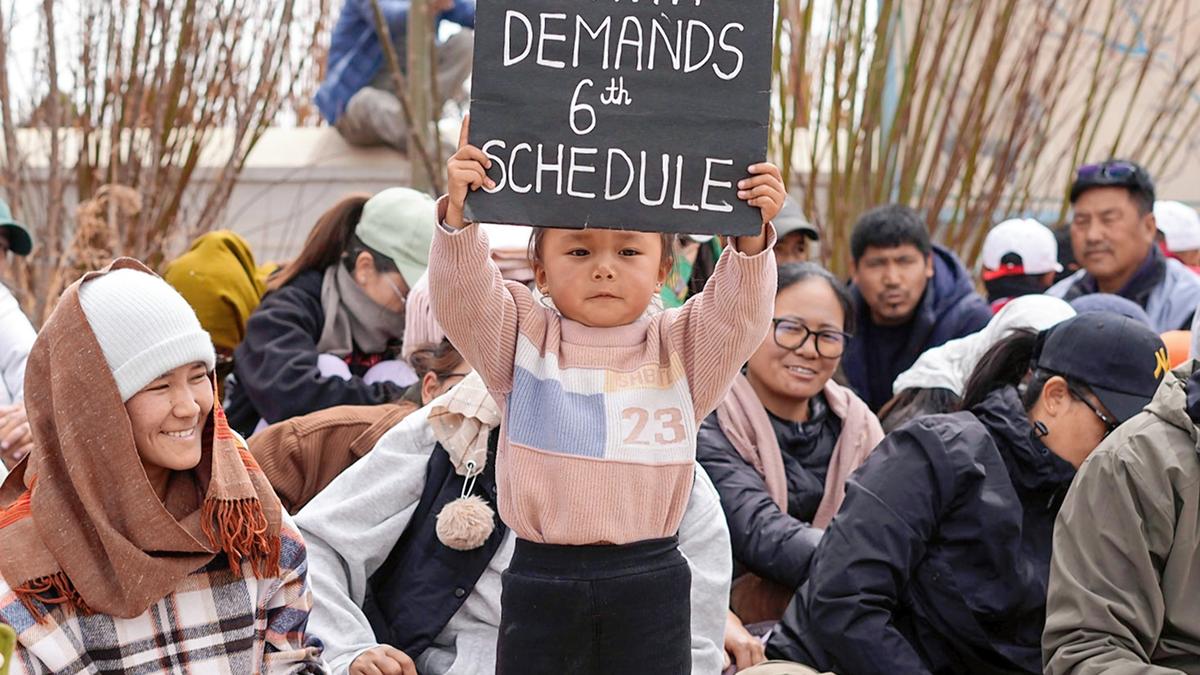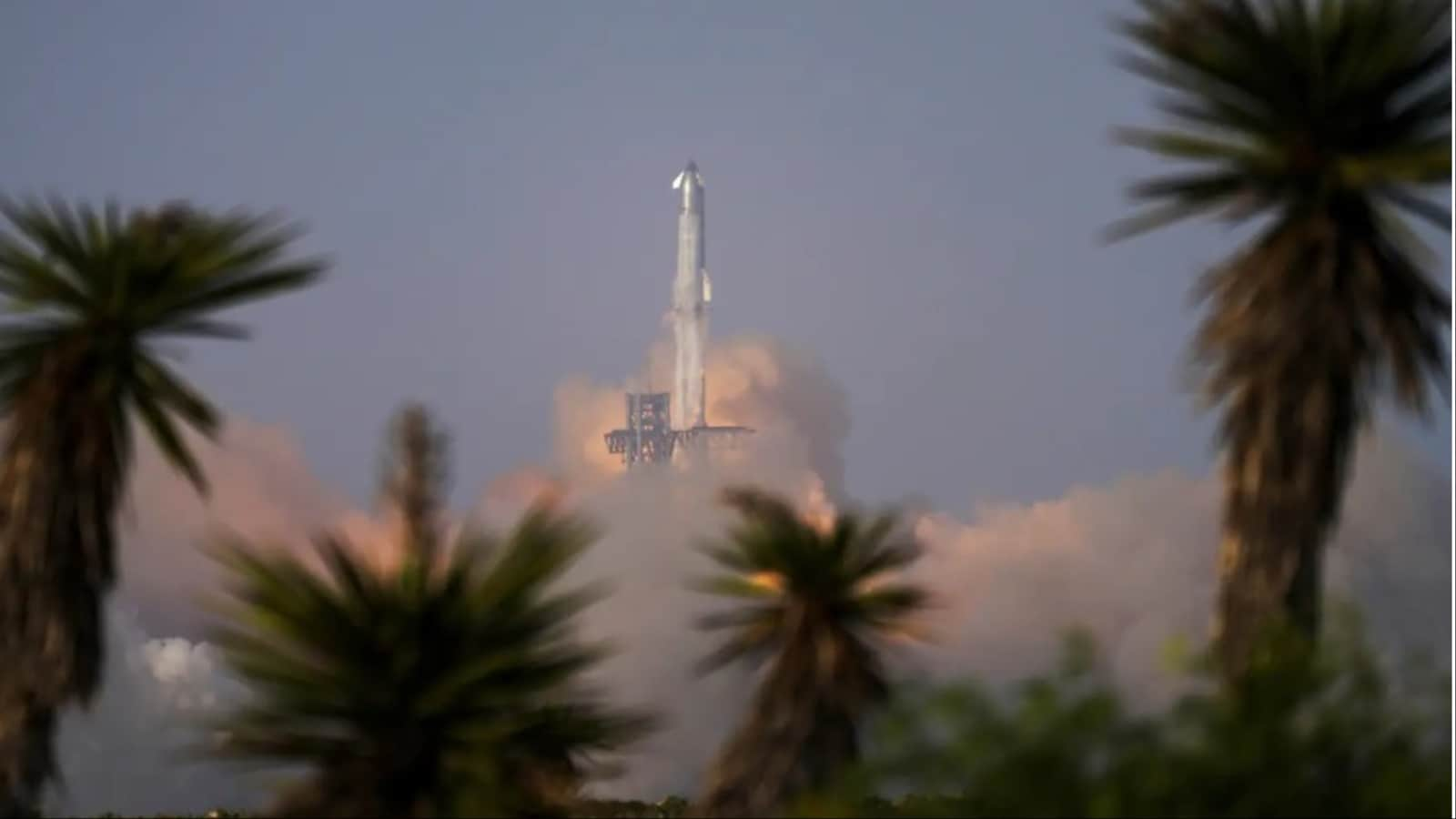ARTICLE AD BOX
Last Updated:May 27, 2025, 11:45 IST
EAM Jaishankar explained that India’s security priorities—centered on Pakistan, terrorism, and China—shape a different global perspective than Europe’s focus on Ukraine

Jaishankar observed that Europeans often associate international law with the situation in Ukraine, whereas India’s focus is on its borders with Pakistan and China. (PTI)
External Affairs Minister S Jaishankar, in a recent interview with German daily Frankfurter Allgemeine Zeitung, candidly remarked how India’s security concerns—rooted in its experiences with Pakistan, terrorism, and China—shape its distinct worldview, which is sharply different from Europe’s perspectives on global conflicts.
In response to questions on the ongoing conflict with Pakistan and whether he believed in international law, Jaishankar responded, “When you think of conflict, you think of Ukraine. But when I think of conflict, I think Pakistan, terrorism, China, and our border. That is why our views cannot be the same at all."
Was There Danger Of Nuclear War Between India And Pakistan?
Addressing concerns about the risk of nuclear war between India and Pakistan, Jaishankar dismissed such fears as misplaced.
“At no point was a nuclear level reached. There is a narrative as if everything that happens in our part of the world leads directly to a nuclear problem. That disturbs me a lot because it encourages terrible activities like terrorism," the External Affairs Minister said.
Jaishankar stated that India had conducted precise and limited actions against terrorists. He explained that the firing was initiated by the Pakistani side, to which India responded, and the firing ceased upon Pakistan’s request. He emphasised that not every tension in South Asia could lead to a nuclear crisis.
He expressed that attributing every regional incident to nuclear tensions undermines global counterterrorism efforts. He emphasised that such assumptions encourage dangerous activities like terrorism and noted that more significant nuclear concerns exist in other parts of the world.
Has The Situation Returned to Normal?
Jaishankar said that India had achieved its objectives and sent a clear message to terrorists that their actions would carry consequences. He emphasised that India responded in self-defence and noted that the situation began to stabilise once Pakistan understood the serious fallout of its provocations. According to Jaishankar, the situation has remained stable for the past two weeks.
Does Germany Understand India’s Situation?
Jaishankar noted Germany’s support for India’s zero-tolerance policy towards terrorism, indicating that international partners recognise the need to respond to terrorism and ensure terrorists face repercussions.
The Link Between Pakistan And Terrorism
The Indian foreign minister asserted that the connection between Pakistan and terrorism is evident to anyone willing to see it. He noted that terrorist organisations operate openly from cities and towns across Pakistan, and pointed to the UN Security Council’s list of designated terrorists—many of whom are Pakistani nationals—as clear proof. Jaishankar stressed that terrorism in Pakistan is not a covert activity but an “open business", actively supported by both the government and the military.
Can The US Be Given Credit For The Ceasefire?
Jaishankar asserted that the decision to stop firing was the result of direct communication between military commanders on both sides. He explained that Pakistan agreed to the ceasefire only after India successfully targeted and disabled key Pakistani airbases and air defence systems. It was decisive action by the Indian Armed Forces, he said, that compelled Pakistan to back down.
Is Europe Adapting To The New Reality?
External Affairs Minister S Jaishankar noted that Europe is undergoing significant change, with a visible shift towards greater independence and flexibility. He emphasised that India welcomes deeper engagement with a Europe that is increasingly looking beyond its immediate concerns and adapting to a more multipolar world.
Assessing America’s Role
Jaishankar acknowledged that the United States remains the most powerful country globally, making it essential for other nations to carefully observe how the US engages with world affairs. He added that India has consistently navigated a complex environment, making decisions based firmly on its national interests and security priorities.
Differences Between India And Germany On Ukraine
Jaishankar explained that close relations cannot be built simply by adopting the concerns of the other side. While Europe, including Germany, prioritises the situation in Ukraine, India’s primary concerns lie with Pakistan, terrorism, China, and border security. As a result, their perspectives on global conflicts naturally differ.
Is The Importance Of International Law Increasing?
Jaishankar observed that Europeans often associate international law with the situation in Ukraine, whereas India’s focus is on its borders with Pakistan and China. He highlighted the difference in perspectives by saying that while Europeans may think of Ukraine when discussing rules, he thinks of India’s own territorial integrity and border challenges. Reflecting this, he posed a pointed question: when discussing borders and sovereignty, what about India’s borders?
How Does India’s Partnership With Russia Fit In?
Jaishankar described the relationship as “stable and friendly", noting that Russia has never harmed India’s interests. He attributed the current relationship between India and Russia to this longstanding experience.
Germany-India Security Partnership
Jaishankar noted that Germany has traditionally maintained certain restrictions in its security and defence relations. However, in recent years, it has recognised the need to strengthen its own security and defence capabilities. While India is keen to expand technological and defence cooperation, progress depends on the implementation of appropriate policies on both sides.
- Location :
- First Published:
News india 'You See Ukraine, I See Pakistan': Jaishankar On Why India’s Worldview Isn't The Same As Europe’s



.png)
.png)
.png)
















 1 week ago
9
1 week ago
9









 English (US) ·
English (US) ·